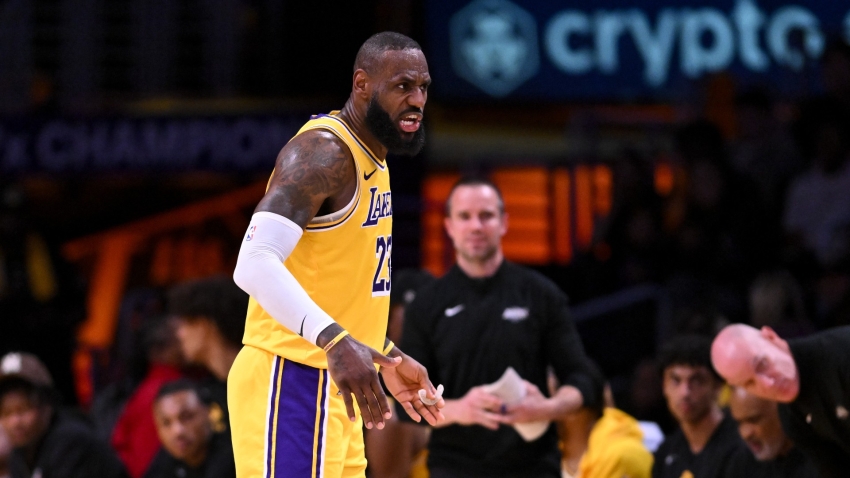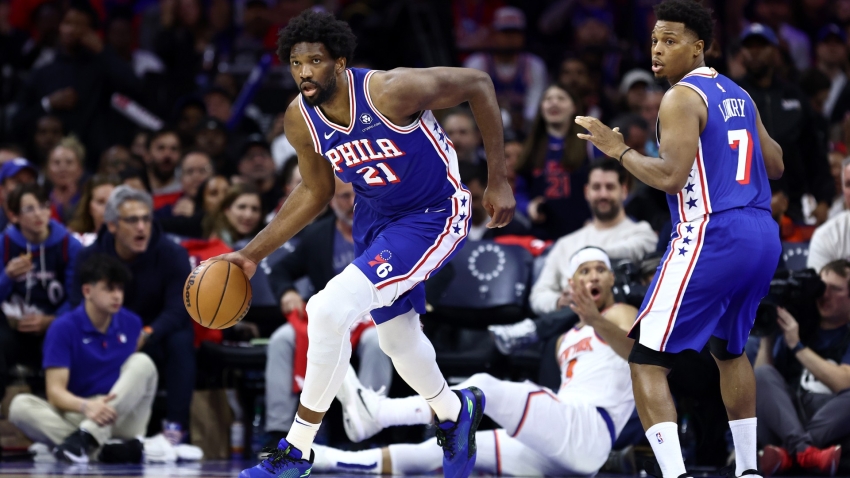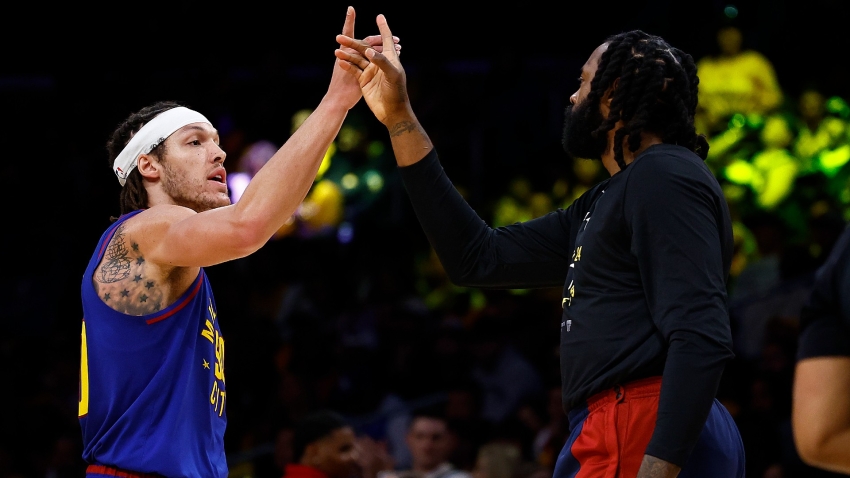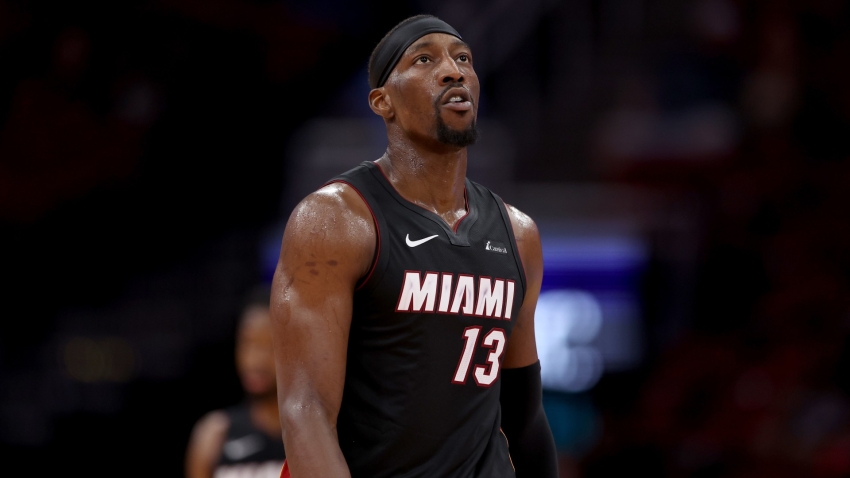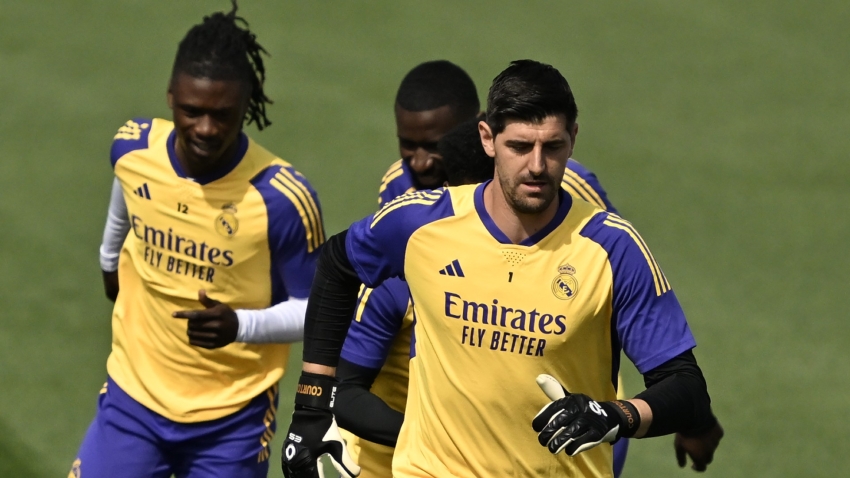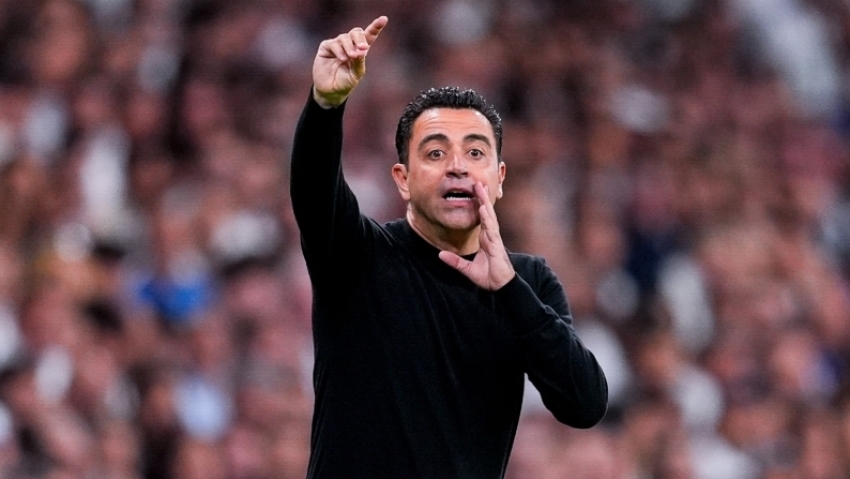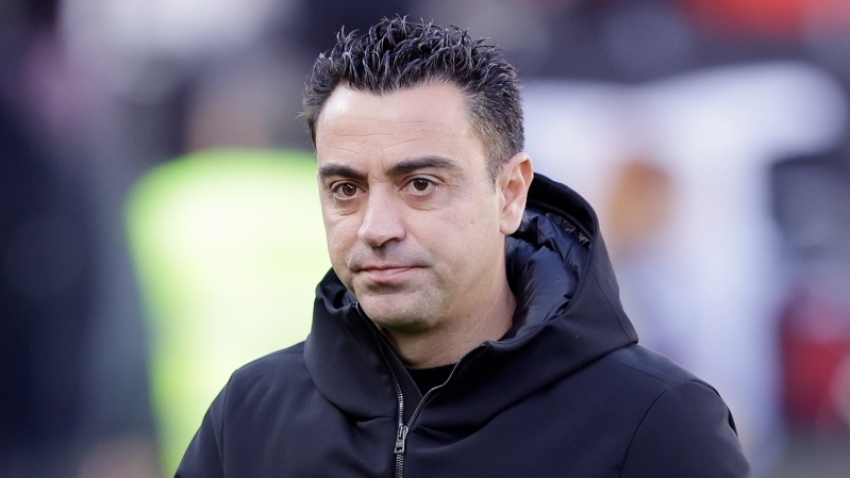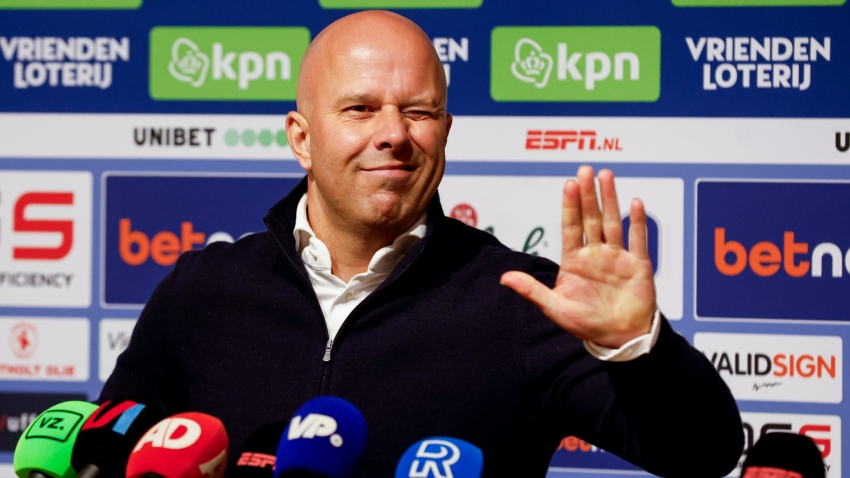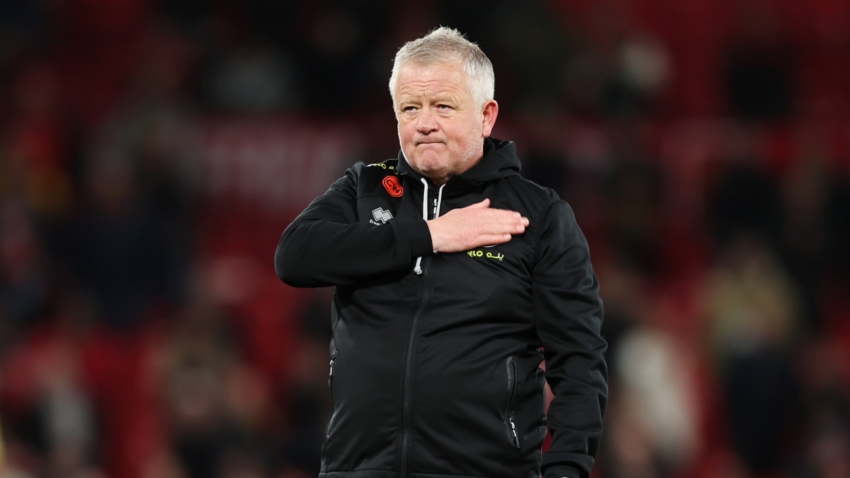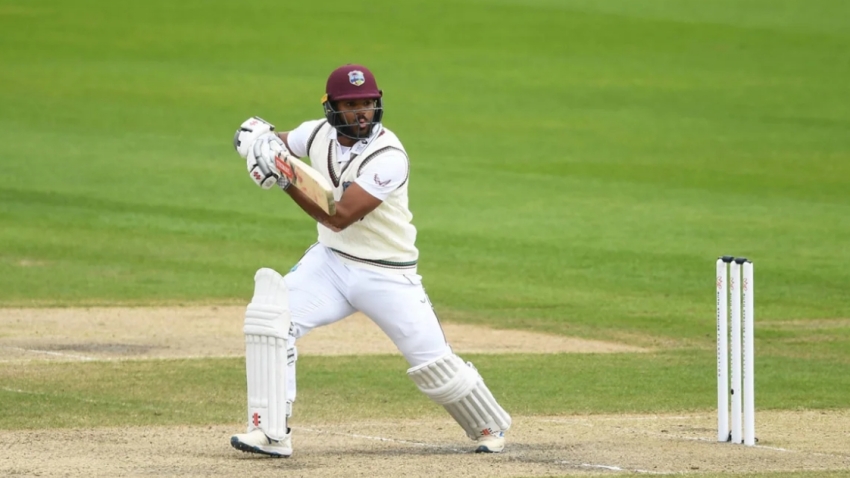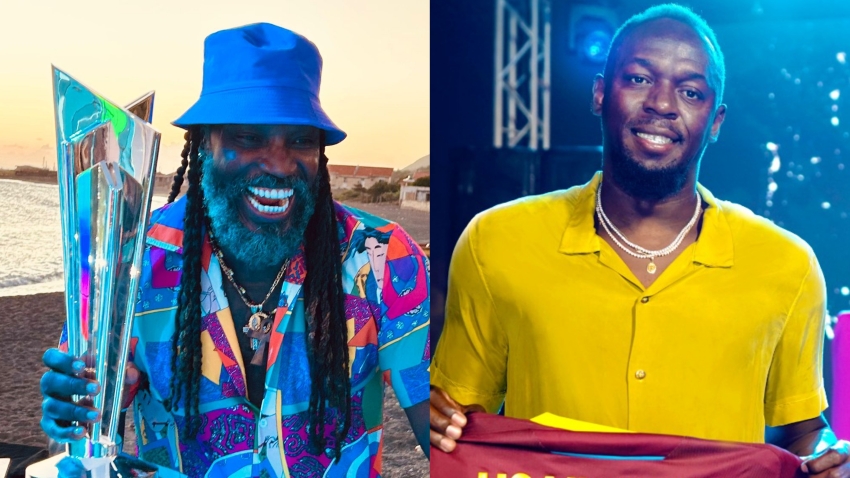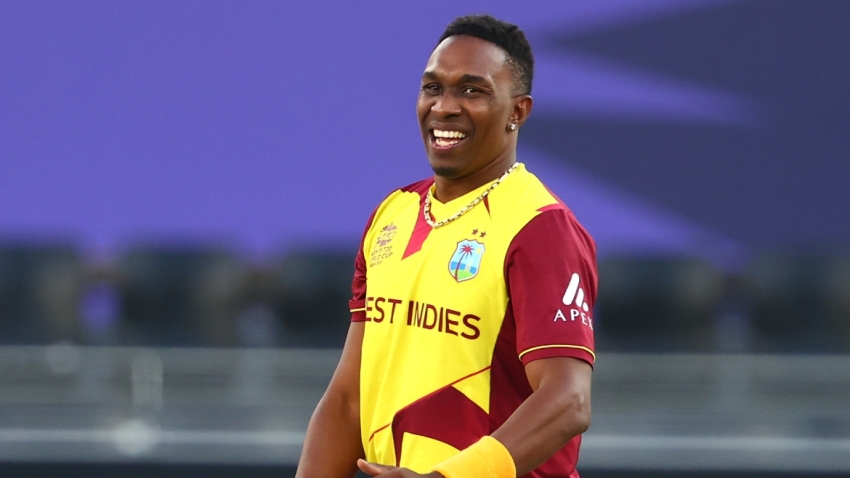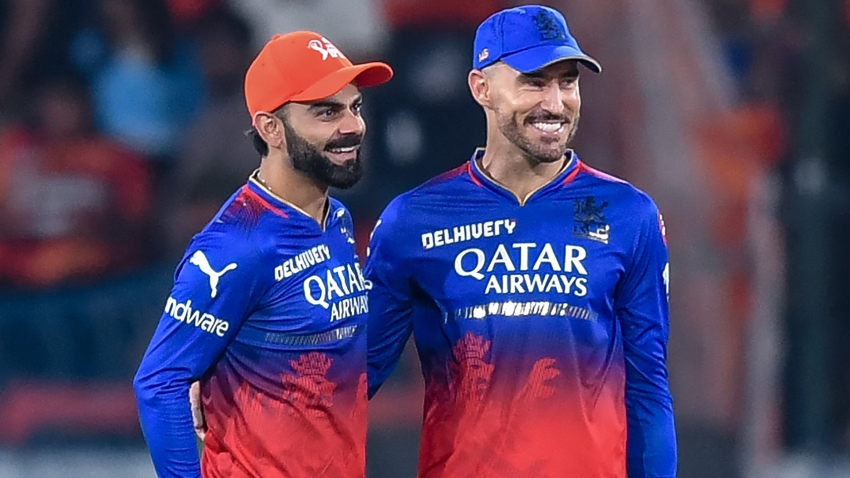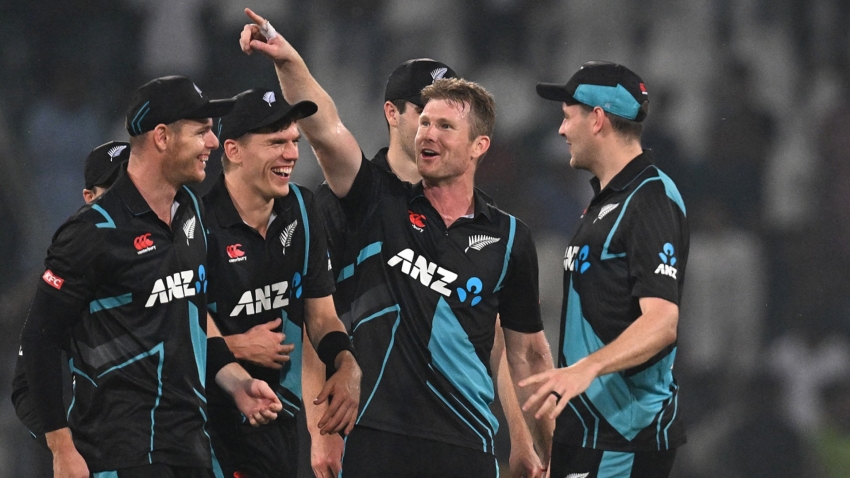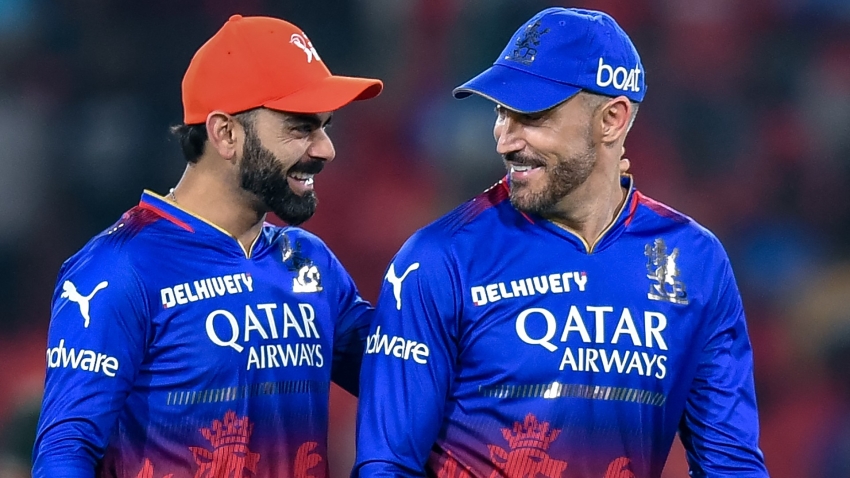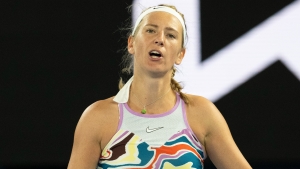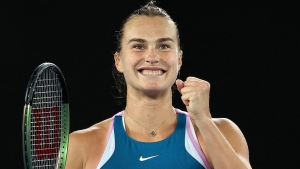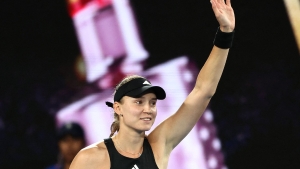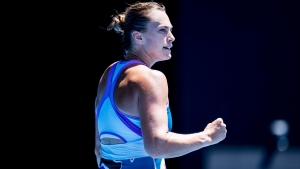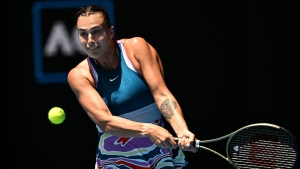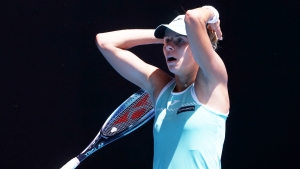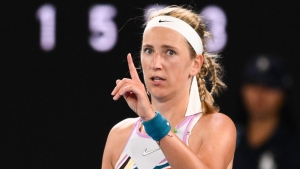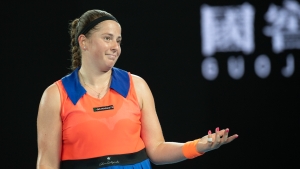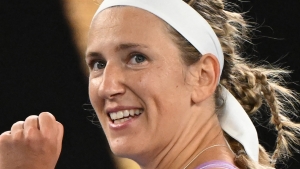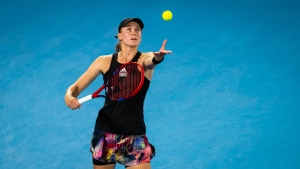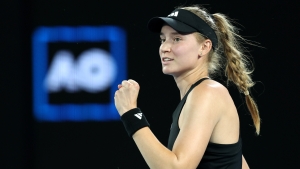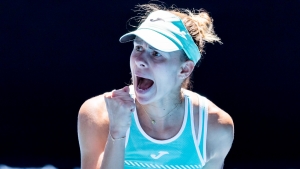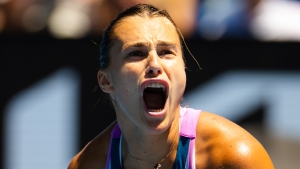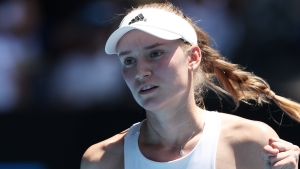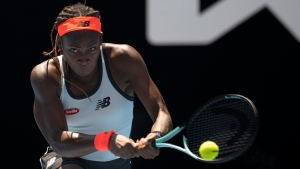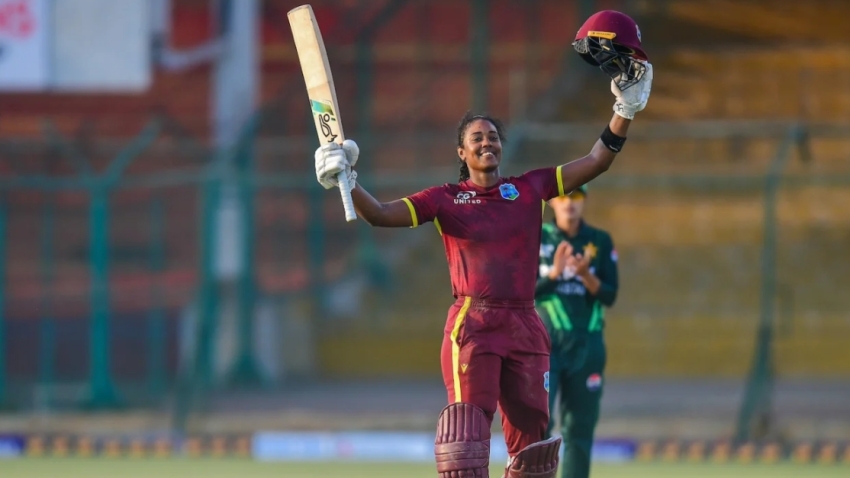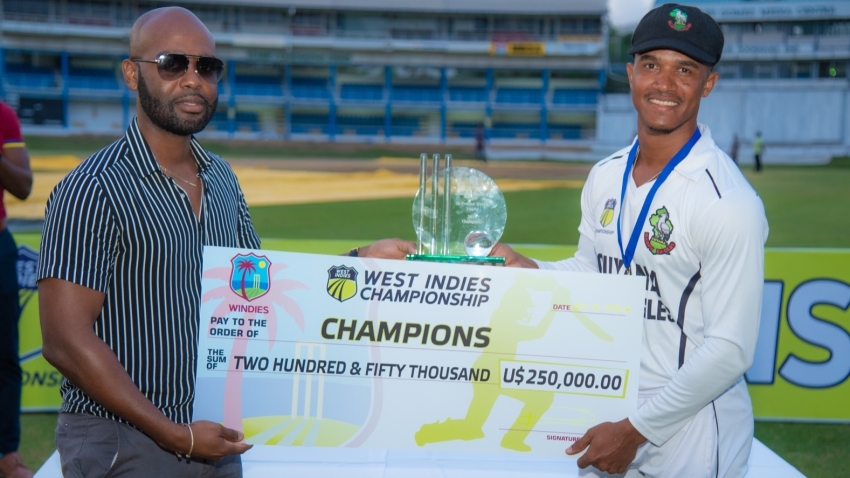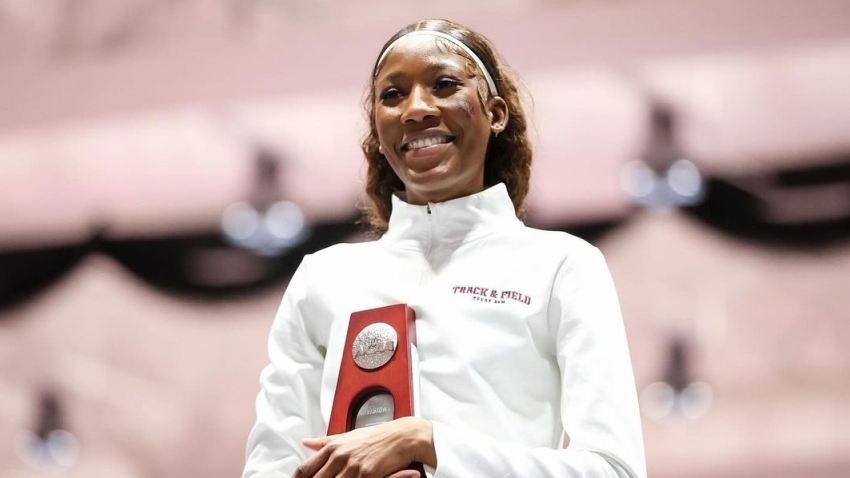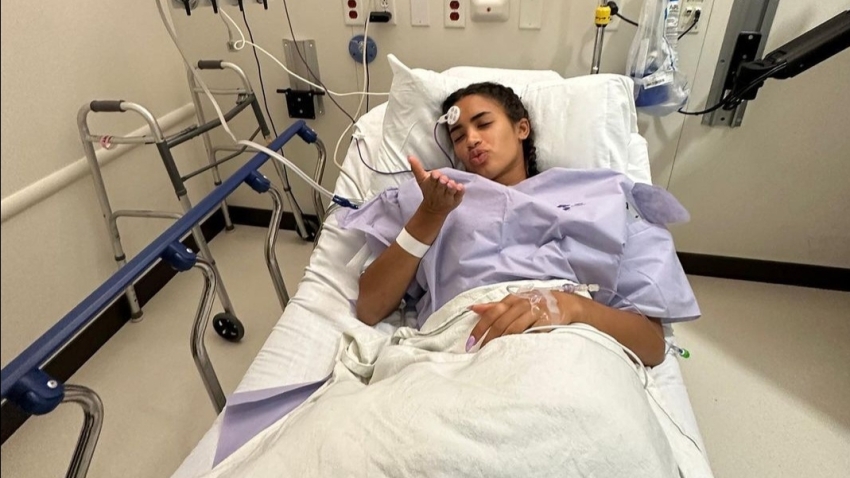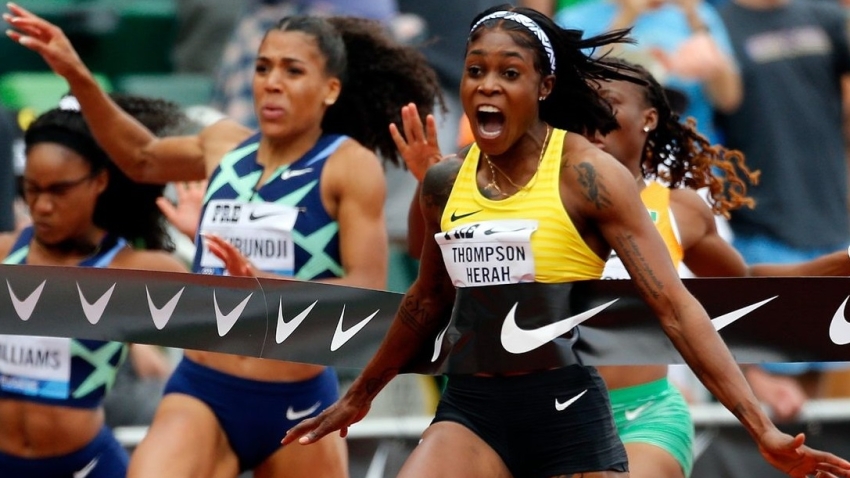Jelena Ostapenko was once again left bemoaning the electronic line calling system in place at the Australian Open after her quarter-final defeat to Elena Rybakina.
The Latvian did not blame the system for her loss, with Rybakina sealing a convincing 6-2 6-4 victory on Tuesday, but reiterated her belief that calls are being missed.
When asked following her fourth-round win against Coco Gauff whether she believed in the system, Ostapenko replied with a smile: "Honestly? No."
Speaking after her loss to Rybakina, she again smiled as she said: "I'm not really happy with the system they are using.
"A couple of times it was not even by a couple of centimetres. It was much more than that. But I cannot do anything about it, because it is the way as it is.
"First of all, [the calls] are really late sometimes. You already hit the ball, and then you hear 'out,' which is normally not the way it is with the line umpires. And second of all, some balls were quite, how you say, not a little out. They were [quite] a bit out and they were not called."
The number 17 seed – who suffered her first defeat in nine WTA-level quarter-finals – called for a return of the Hawk-Eye system and line judges, which was replaced at the Australian Open by the electronic system in 2021.
"Honestly, my personal opinion, I wish it would be the Hawk-Eye system and the line umpires, because I feel like that way it's more precise, and much [fewer] mistakes, in my opinion," the 2017 French Open champion added.
"... I think also, that way it looks a little better for me on the court how it is. Not just calling-wise, but in general how the court looks, because with no line umpires, for me, it looks a little empty."
Ostapenko was under no illusion that her own performance had not been at the level it was when she beat Gauff, and suggested that her participation in the mixed doubles late on Monday was a factor.
"I think in general today the level of the match was I think much lower than the previous one," she said. "I felt like me and Coco, we had a really high level of tennis and we played really well. It's a little shame that I couldn't bring this level of the tennis today.
"Obviously [Rybakina] was serving well, but I felt like already in the second set when I had the longer rallies with her, I was winning mostly, so that was my goal to make her play.
"I felt like maybe mixed doubles yesterday was a little bit not the right decision to play that late. But in general I think I can take only positive things out of this week, because it's only the beginning of the season, and if I keep working and keep playing the same way, I think I can be dangerous player."


